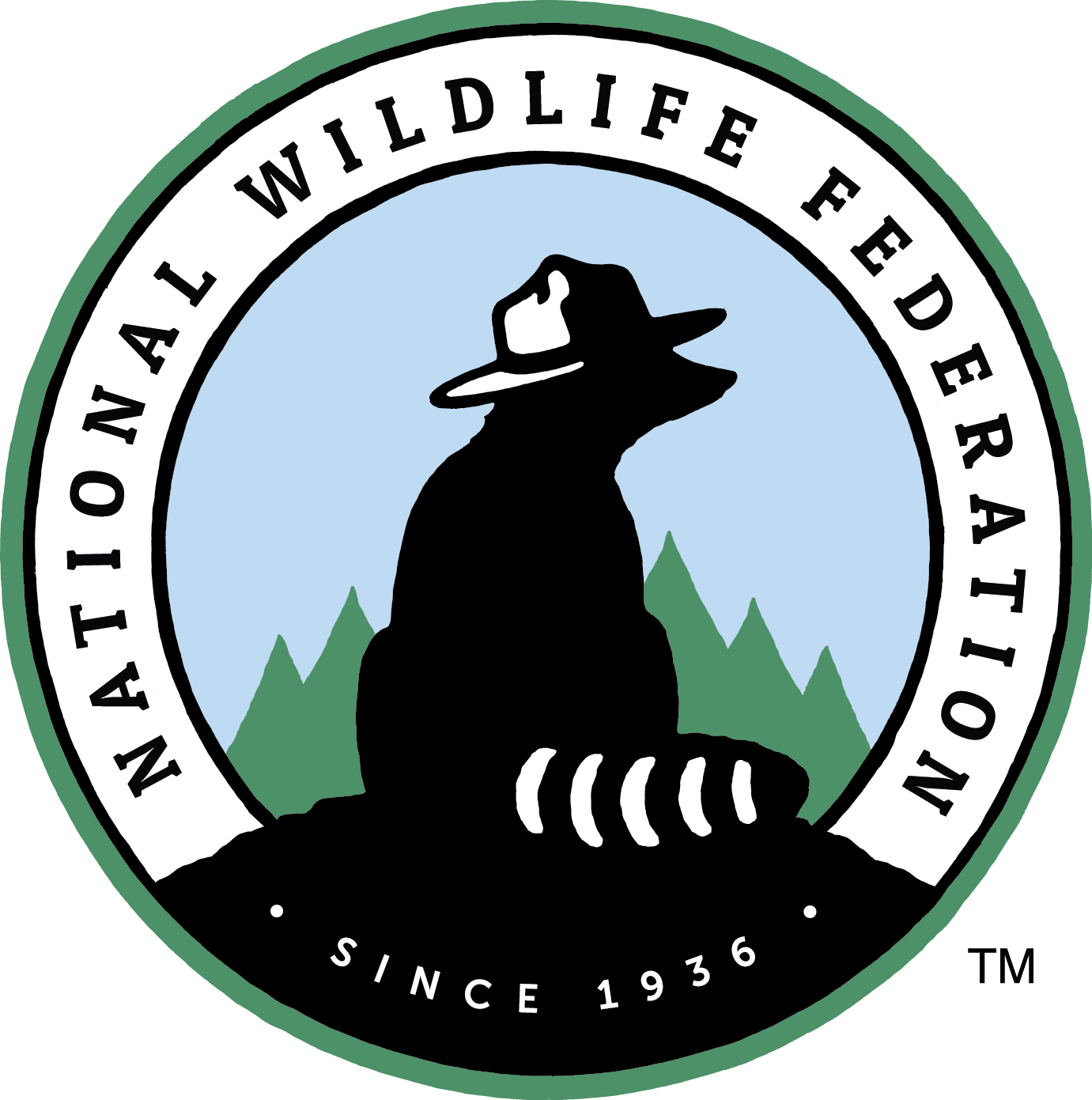Number 2023-01
WHEREAS, wildlife and people both need healthy environments to thrive; and
WHEREAS, the National Wildlife Federation recognized the intersecting impacts of race, economic status, and environmental justice in its policy resolution titled “Pollution, Race, and Economic Status” in April of 1990 and continues its journey in addressing the importance of conservation and environmental justice in promoting healthy, sustainable, and just communities; and
WHEREAS, the 17 principles of Environmental Justice were first created in October of 1991 at the People of Color Environmental Leadership Summit as a significant historical moment in an ongoing movement for environmental justice led by communities; and
WHEREAS, the historical legacy of the wildlife conservation movement, through its advocacy, programs, policies, and systemic structures, has left behind frontline and fenceline communities most impacted by health, social, economic, and environmental factors; and
WHEREAS, Black, Brown, Indigenous, low-income, and rural communities have been at the forefront of impacts from environmental hazards, pollution, and climate change; and
WHEREAS, these communities often continue to lack access to clean air and water, healthy food, affordable housing, public transportation, and safe outdoor spaces, which all contribute to a range of health disparities; and
WHEREAS, according to a 2023 report from Yale University’s Dr. Dorceta Taylor, environmental justice organizations and communities, especially in underserved regions, are less likely to be funded by large grantmakers, underscoring the need for large environmental organizations and foundations to advocate for and assist in making resources directly available to those groups in order to equitably and authentically address historic and enduring environmental injustices; and
WHEREAS, wildlife conservation and environmental justice requires a dedicated, systemic, and integrated approach led by communities that addresses the multifaceted dimensions of justice and sustainability, including health, social, economic, and environmental factors; and
WHEREAS, the signing of Executive Order 14008 by President Biden in February 2021, establishes a goal of 40 percent of federal investments to flow to disadvantaged communities, known as the Justice40 Initiative, and other climate and conservation-related initiatives; and
WHEREAS, the President’s order and the influx in federal spending through the Inflation Reduction Act and the Infrastructure Investment and Jobs Acts have the transformative capacity to inject billions of dollars in funding to disadvantaged communities and for conservation-related work; and
WHEREAS, the National Wildlife Federation is committed to promoting environmental justice and equity as core values in our mission to protect and restore wildlife, habitat, and natural resources.
NOW, THEREFORE, BE IT RESOLVED that the National Wildlife Federation, at its Annual Meeting assembled June 21-24, 2023, supports efforts to raise awareness and advance community-led solutions about environmental justice issues, including critical efforts to promote safe, clean, and affordable water access, the cumulative impacts of air and water pollution on public health, the dangers of hazardous waste, communities right to healthy and affordable food, housing, and public transportation, communities impacted by natural disasters, energy and climate justice, extractive industries impacts on ecosystems, wildlife, and communities, and other critical life-sustaining issues that impact our air, water, lands, wildlife, and public health; and
BE IT FURTHER RESOLVED, that the National Wildlife Federation prioritizes advocating for the advancement, passage, and equitable implementation of policies that promote environmental justice at the local, state, and national levels, including policies that address systemic inequities and center communities in the decision-making process; and
BE IT FURTHER RESOLVED, that the National Wildlife Federation endorses a systemic, whole-of-government approach, such as Justice40, in setting a minimum threshold for the distribution of federal benefits to go to disadvantaged communities, including Black, Brown, Indigenous, low-income, and rural communities; and
BE IT FURTHER RESOLVED, that the National Wildlife Federation calls on the conservation community to incorporate environmental justice principles into their policies, programs, and practices, including a commitment to engaging with and partnering with impacted communities in building healthy, sustainable, just, and resilient communities; and
BE IT FURTHER RESOLVED, that the National Wildlife Federation supports building partnerships with community-based organizations, government agencies, private landowners, and other stakeholders to leverage resources and bolster community-driven initiatives and solutions; and
BE IT FINALLY RESOLVED, that the National Wildlife Federation calls on organizations, foundations, and government agencies to regularly review their policies and practices to uphold their commitment to environmental justice and centering Black, Brown, Indigenous, low-income, and rural communities in programs and decision-making processes.
